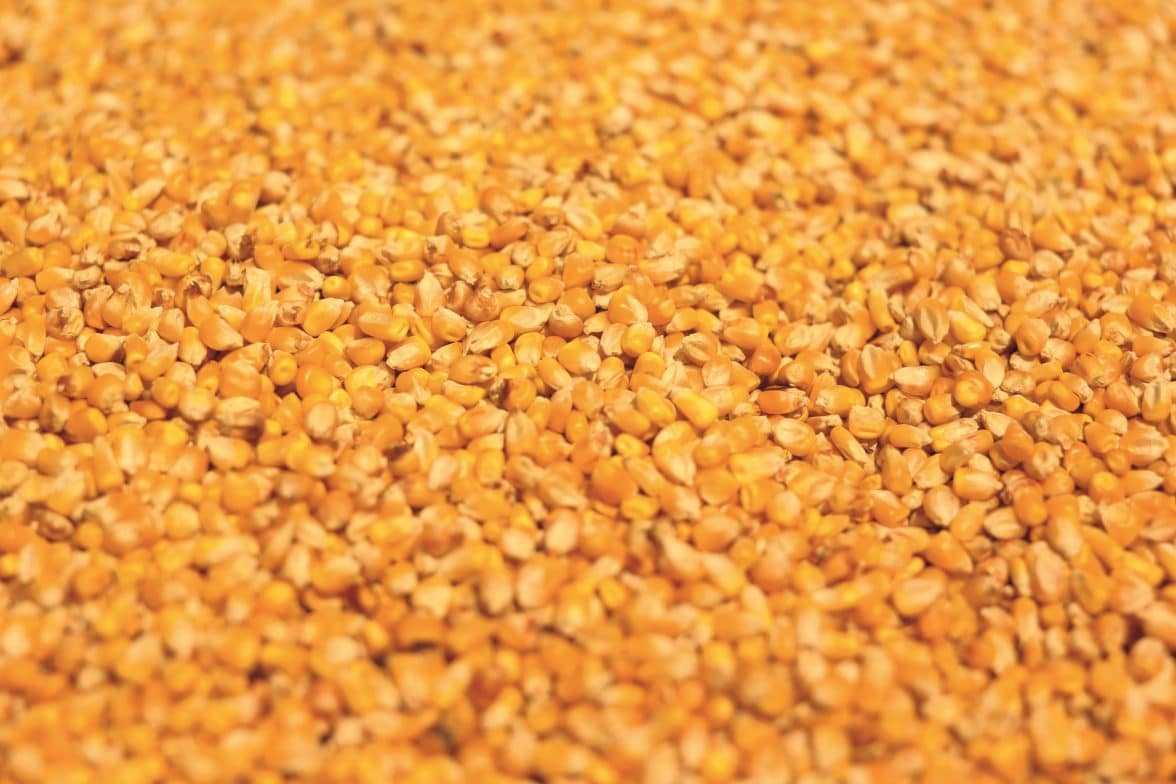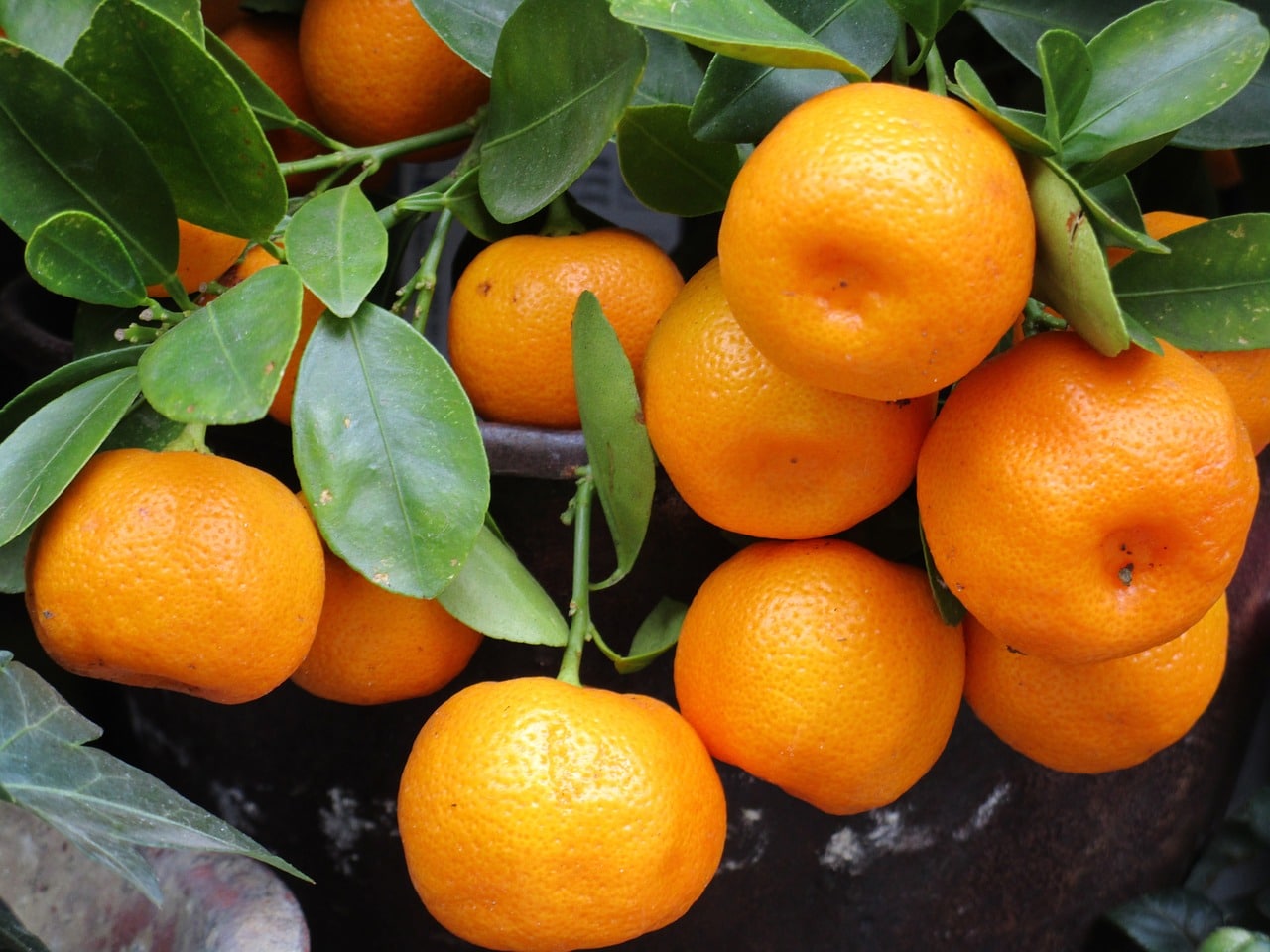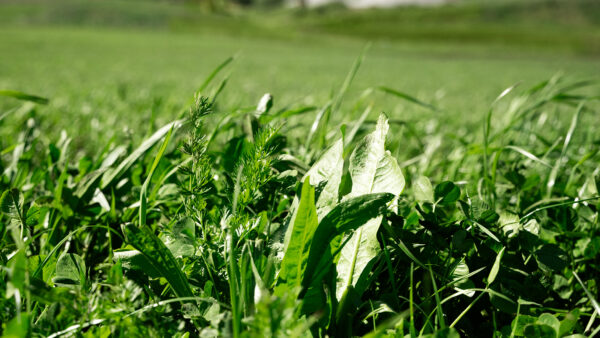The Netherlands believes the new plant breeding techniques should not come under the GMO legislation as they are as safe as traditional breeding. It also insists that a discussion on the issue should be launched soon, even before the EU Court rules on the issue.
New plant breeding techniques (NPBTs) focus on developing new seed traits within a given species through genetic engineering. For the agri-food industry, the plants resulting from these new breeding techniques should not be considered genetically modified because no foreign DNA is present in their genes.
To opponents, they are just another attempt at selling GMOs to Europeans through the back door.
Now the case is in the hands of the EU Court of Justice, which will decide whether a specific technique called “mutagenesis” should come under the GM legislation or not.
Last April, Enrico Brivio, former EU spokesperson for Health, Food Safety, Environment, Maritime Affairs and Fisheries, told EURACTIV.com that we should “move away from a GMO-centered discussion when it comes to innovation in plant reproductive materials”.
“We should not treat all new techniques as ‘hidden’ GMOs,” he pointed out.
The European Commission’s Scientific Advice Mechanism (SAM) published an explanatory note on new techniques in agricultural biotechnology on 28 April.
Rekindling the Discussion
The Commission is organizing a conference on biotechnology in agriculture on 28 September, and the new plant breeding techniques case is expected to feature prominently in the discussions.
Meanwhile, the Netherlands made a proposal to improve the exemption mechanism for genetically modified plants under the GM directive at an informal meeting in Brussels (7 September).
“The main aim is to initiate a discussion on whether EU authorities can share the view that the Directive should not apply to plants resulting from the use of New Plant Breeding Techniques (NPBTs), provided these plants are at least equally safe as plants obtained by traditional breeding,” the Dutch proposal noted.
According to the proposal, the current regulatory framework has a disproportionate effect on costs and puts obstacles to the use of innovative technologies in the EU. In addition, the lack of legal certainty leads to an increased “disharmonisation as regards the application of the Directive to products resulting from the use of NPBTs”.
As for the Court’s ruling, the Netherlands stresses that there is “no need to wait” for the interpretation of European legislation and a policy debate on NPBTs should be launched.
“The Dutch authorities see a pressing need to address the underlying issues at stake in the short term, which includes making the implementation of the Directive more workable in view of ongoing technical and scientific developments,” the paper reads.
The ‘New GMOs’
The European Coordination Via Campesina (ECVC), a farmers’ organisation, issued a strong statement against the Dutch proposal, claiming that Amsterdam makes it easier for the seed industry to “seize the existing agrodiversity”.
“We urge all European Union governments to strongly reject this proposal, which would sacrifice peasants, consumers, citizens and the environment solely to quench the thirst for profits of the seed and agro-industry,” the ECVC said.
It added that these new biotechnology-driven techniques were developed by the seed industry to counter consumers’ massive rejection of ‘old GMOs’.
“The name has changed but the sanitary and environmental hazards remain the same,” they said.
“The Court of Justice of the European Union should soon take a decision on the application of these legislations to ‘new GMOs’. Is this why the industry wants to hastily amend them?” the ECVC asked.













